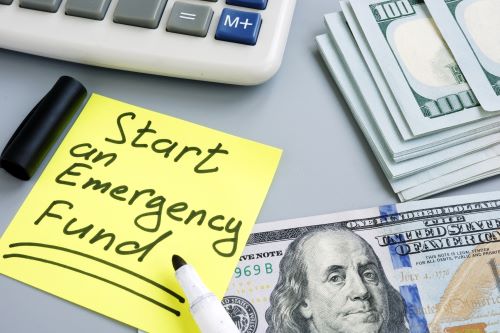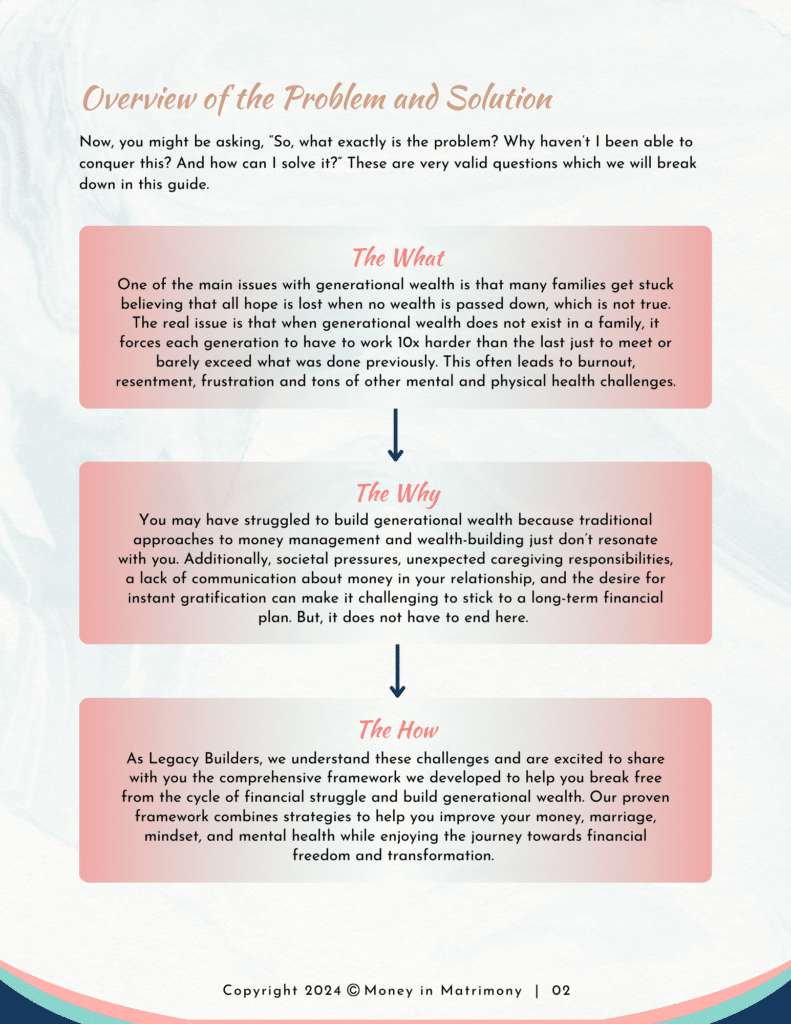5 Ways to Build Your Emergency Fund While Paying off Debt
This post may contain affiliate links which means that I will receive a small commission for purchases made through those links, at no cost to you.

Saving and Debt
I’m sure you might be saying that it’s impossible to build an emergency fund while paying off debt. However; it’s actually not. Below I will be providing you with 5 ways to build your emergency fund while paying off debt. If you would like more detailed info about paying off debt, take a look at Everything You Need to Know About the Debt Snowball Method.
Here are 5 ways to build your emergency fund while paying off debt:
1. Plan for it
2. Trim extra expenses
3. Declutter your home
4. Offer services for a fee
5. Pick up an extra job
How does an Emergency Fund work?
Before we jump into the list above, let’s talk about what an emergency fund really is and how it works. An emergency fund is money that is set aside each month in order to save for the unknown. It should include 3-6 months or more of living expenses. Some of these expenses might include rent/mortgage, utilities, food, and gas. Building an emergency fund is essential to ensuring that your family is financially protected in the event that a catastrophe happens. Just think of it as a financial safety net.
In the event of a true unknown emergency, you and your spouse would discuss the situation and make a decision on how to move forward. If this is a small emergency, maybe it would be better to just take it from a current or future paycheck. However; if it’s a rather large emergency, then funds might need to be withdrawn from the emergency fund account. If the latter ends up being the solution, then develop a plan to replace those funds. Let’s take a deeper dive into a few ways to earn money to help you build your emergency fund.
5 Ways to Build Your Emergency Fund While Paying Off Debt
1. Plan for It
A line item for your emergency fund should be included in your monthly budget. You and your spouse should agree on an amount that you will transfer into this account. A good rule of thumb when calculating how much to contribute would be to add up your most important monthly expenses and discuss whether or not the total is a feasible amount to live off each month if there really was an emergency.
2. Trim Extra Expenses
Review your current budget to determine where you can cut back. This process can be done as often as it needs to be. Typically, expenses such as eating out and subscriptions are the most overlooked. However; when eliminated, sometimes they tend to provide the most reduction in overall expenses.
3. Declutter Your Home
There is so much treasure in our homes. However; in order to find it, we have to get organized. You might be sitting on very valuable items. If you are willing to part with some of these items, you will allow yourself the opportunity to earn extra money.
4. Offer Services for a Fee
We all have some type of gift or talent which we can use to earn money. Are you good at taking pictures? Or maybe you are a tech guru. Use this to your advantage. Offer freelance services for a fee to bring in extra income.
5. Pick up an Extra Job
If you, neither your spouse feel that you have any services to offer, then I would recommend picking up an extra job. Even if you can do something part-time, it might be worth it to earn this extra money to throw into your emergency fund.
Final Thoughts
I think it’s important to note that there are options when it comes to simultaneously building your emergency fund while paying off debt. In order to earn extra money, I recommended:
1. Plan for it
2. Trim extra expenses
3. Declutter your home
4. Offer services for a fee
5. Pick up an extra job
I do realize that the debt payments will probably take up most of the extra money. However; $20 here and there deposited into the emergency fund account can really add up. If you are anything like me, you want to ensure that there is a safety net when the emergency knocks at your door because it will come.








